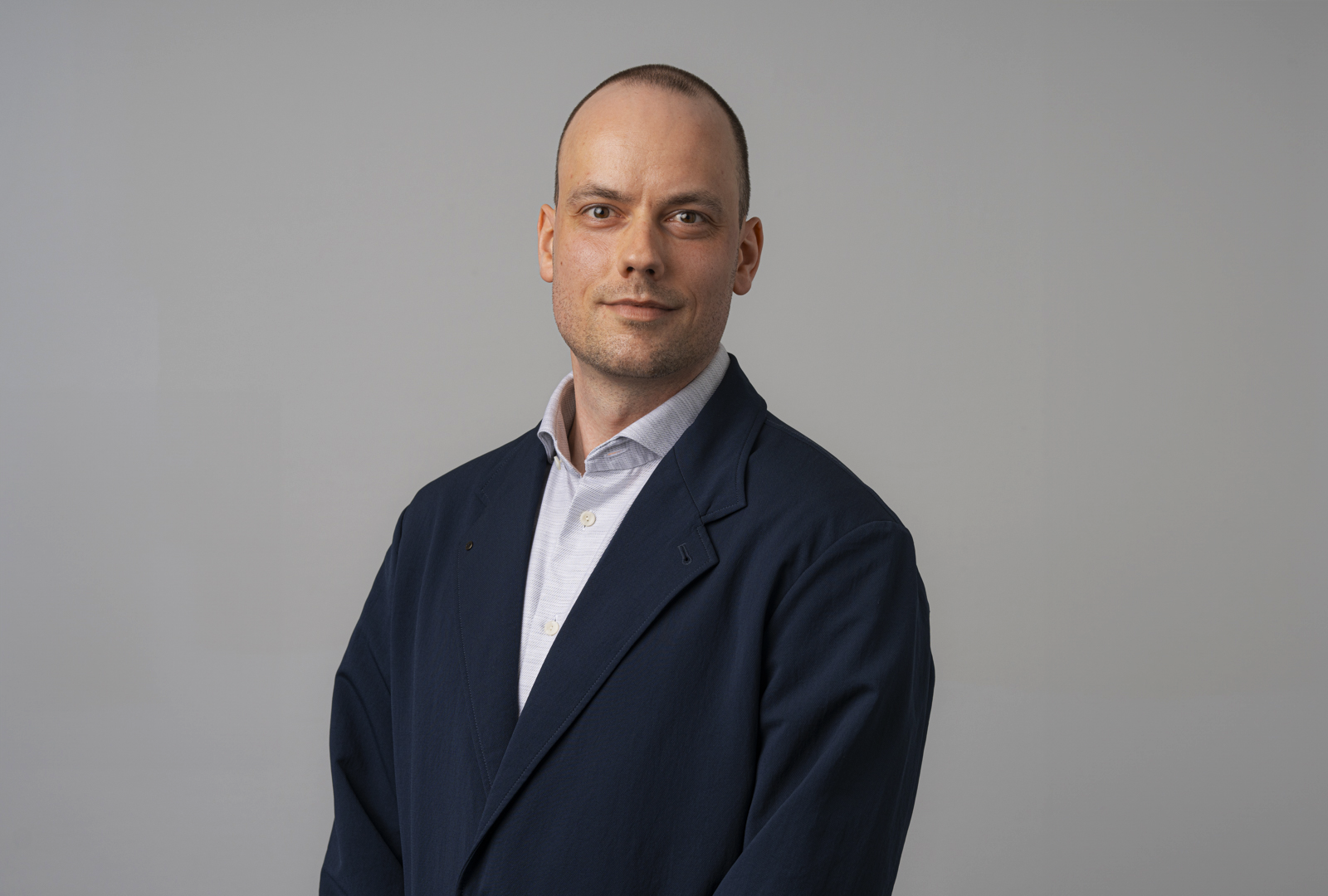Michael Westberg
Research leader

Project title
Chemoswitchable binders for probingendogenous cell signaling
What is your project about?
Unbalanced immune signaling has been coupled to several brain diseases, but our understanding of the underlying biochemical signals is limited. To map the complex biochemical signals in the lab, we can use molecular tools for interrupting and monitoring the signals in cell cultures and research animals – but our current tools are limited in their ability to decipher exactly when and where the signals are important. In this project, we will develop a new protein-based tool (chemoswitchable binders) that consists of two fused protein modules: an inhibitor module, that binds specifically to a natural protein target, and a switch module, that can be activated by a small ligand molecule. This precision tool can be activated anywhere in the body of a research animal, including the brain, to precisely interrupt a biochemical signal. As an important step in the project, we will use recent AI-based algorithms (machine learning) to computationally design the protein modules. Finally, the performance of the tool will be tested by studying signals between gut, brain, and immune cells in zebrafish as well as cancer cells in the brain of mice.
How did you become interested in your particular field of research?
I chose to study chemistry as chemistry – also sometimes called “the central science” – is an interdisciplinary link to several of the other disciplines within the natural sciences. Studying chemistry has provided me the opportunity to satisfy my curiosity within many topics and take on diverse research challenges ranging from quantum mechanical phenomena in photosynthesis to drug development. Across my different research projects, proteins have taken a central role. I am particularly interested in controlling the interactions between proteins, small molecules, and light, and thereby enabling the design of new proteins with functions that do not exist in nature.
What are the scientific challenges and perspectives in your project?
Protein design is a rapidly advancing field that is driven by new AI-based computer algorithms. While these algorithms open opportunities for designing proteins with novel functions, there are still many unanswered questions about their best use. In this project, we will investigate how these methods can be used to design and finetune the interactions between two proteins as well as between proteins and small molecules. The aim is to develop efficient computational and experimental protocols to tackle these molecular design challenges. The result of our efforts will be a protein-based tool with exchangeable modules which allows us to adapt the tool to broadly investigate biochemical signaling.A specific goal is to be able to study migrating cells such as immune cells and cancer cells throughout the body and the brain. Finally, I aim to make the methods and tools accessible to as many researchers as possible.
What is your estimate of the impact, which your project may have to society in the long term?
In the future, the hope is that the new protein tool will play an important role in the early phase of drug development by facilitating accurate and efficient studies of biochemical signaling. The aim is to establish a flexible platform that can be used to test a broad range of drug target hypotheses. Making the tool active in the brains of research animals is a particular focus, as developing new drugs for brain diseases is an extremely challenging and costly process. Thus, a central aim is to develop a tool that allows researchers to test hypotheses about biochemical signals involved in brain diseases as well as brain development and aging. Thus, a key motivation for developing our new tool is the desire to contribute to new biological discoveries that can potentially increase the success rate of the drug development process and reduce the associated costs.
Which impact do you expect the Sapere Aude programme will have on your career as a researcher?
The Sapere Aude: DFF-Starting Grant will allow me to establish and expand my research group at the Department of Chemistry at Aarhus University. The main focus of the group will be to employ new protein design methods to create tools that can be used to study basic research questions in biology and contribute to new biotechnological and biomedical solutions. This grant will specifically allow me to focus on a new research direction, neuroimmunology, and a new model organism, zebrafish. This will add new competencies to my group and serve as important steps towards a long-term goal of developing treatments for brain diseases. As part of the project, I will establish a new local collaboration at Aarhus University, continue an existing international collaboration with Stanford University, and further seek out new collaborators within neuroimmunology. Overall, the grant will provide me with the necessary support to undertake ambitious, international, and multidisciplinary research. I am particularly excited about training and working with the next generation of researchers, including a PhD student and a postdoc on this project.
Background and personal life
My wife and I live in Aarhus where we enjoy being close to the sea and the forests. I have spent five years in the USA, one year as a master student in the Midwest (University of Chicago, Illinois) and more recently from 2018-2022 as a postdoc on the West Coast (Stanford University, California). Living abroad in strongly international environments has been extremely rewarding and inspiring. It has expanded my understanding of other cultures and made it clear to me what makes Denmark unique. I recharge by being physically active, and our favorite vacation locations are scenic and mountainous areas where we can hike or ski. Finally, I enjoy electronic/rock concerts and support the football team Silkeborg IF through ups and downs.
View all research leaders here
Research institution
Aarhus University
Research field
Chemical Biology and Biophysical Chemistry
City of your current residence
Aarhus
High school
Marselisborg Gymnasium
